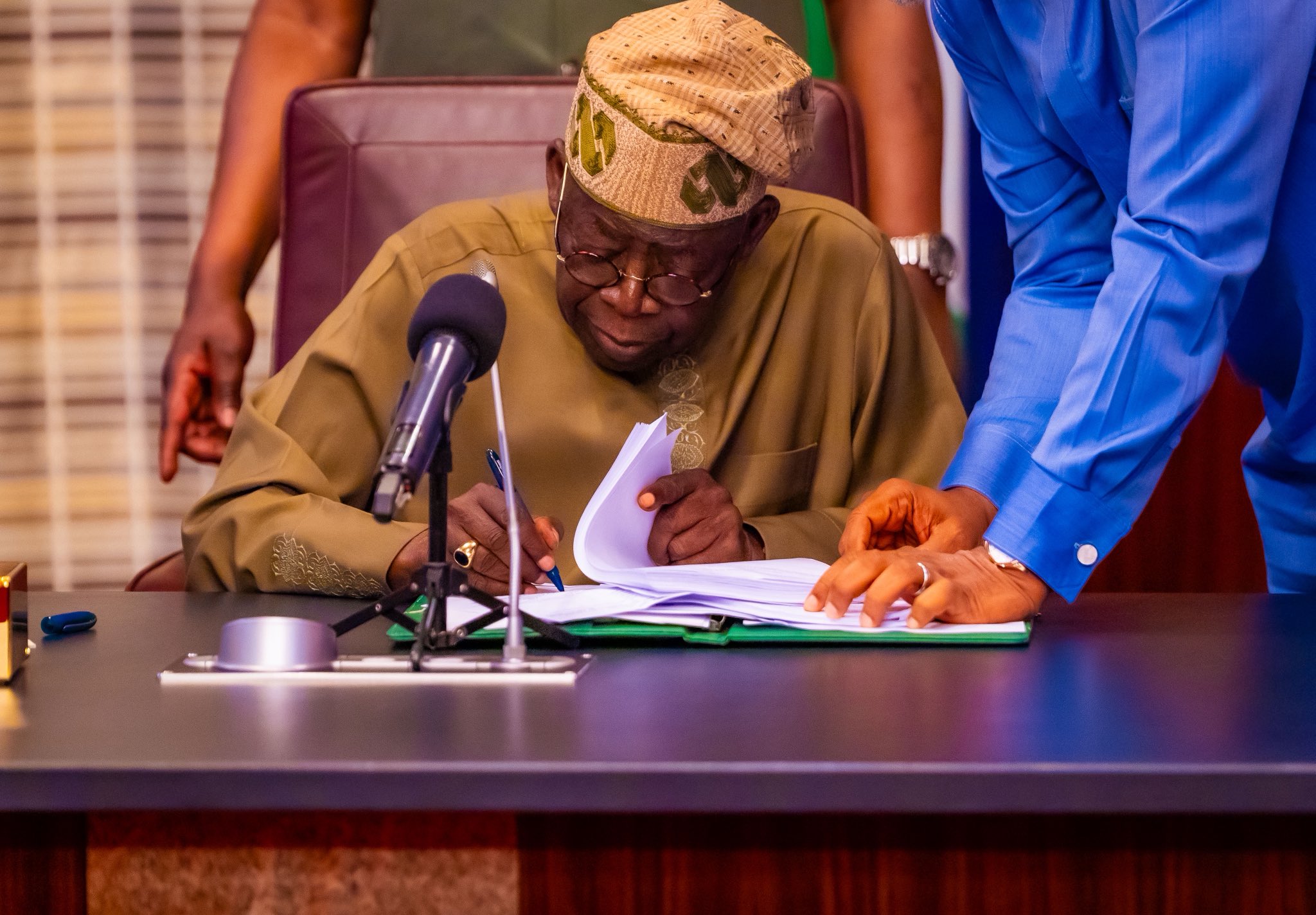The Federal Government of Nigeria is on the verge of a historic shift in its digital development journey as President Bola Ahmed Tinubu is expected to sign the much-anticipated National Digital Economy and e-Governance Bill into law this month. The move is seen as a strategic milestone aimed at accelerating Nigeria’s transition into a globally competitive digital economy, while introducing strong legal frameworks to modernize governance, boost innovation, strengthen cybersecurity, and expand nationwide digital access.
This development was confirmed by the Minister of Communications, Innovation and Digital Economy, Dr. Bosun Tijani, who disclosed that the bill will lay the foundation for Nigeria to harness the full potential of digital transformation across government, business, and everyday life.
A New Phase for Nigeria’s Digital Future
The National Digital Economy and e-Governance Bill seeks to provide a robust regulatory and institutional framework that coordinates all aspects of digital activities in Nigeria. It is designed to address the challenges of outdated regulatory systems, fragmented digital policies, and limited technological infrastructure.
Once signed, the law will:
- Give legal recognition to electronic communications, digital signatures, and electronic records.
- Establish the first integrated National Data Exchange System, enabling seamless and secure data sharing across government agencies and private sector institutions.
- Support the country’s goal of building a US$1 trillion economy, particularly by expanding digital economy contributions to Gross Domestic Product (GDP).
According to the minister, the digital sector currently contributes approximately 19 percent to Nigeria’s GDP, and the new law is projected to increase this to 21 percent by 2027.
Massive Infrastructure Plans to Boost Connectivity
The government is preparing for wide-scale infrastructure expansion to ensure the successful implementation of the new law. Key projects under consideration include:
- Deployment of 90,000 kilometers of fiber-optic cables across the country.
- Construction of 4,000 additional telecom towers, especially in rural and underserved regions.
- Expansion of broadband penetration to increase high-speed internet availability nationwide.
- Support for tech hubs, innovation centers, and digital literacy programs.
These infrastructure commitments reflect the government’s long-term vision to improve digital access and reduce the digital divide between urban and rural areas.
Why This Bill Is Considered a Landmark
This legislation is being hailed as one of the most comprehensive digital framework policies in Africa. It does not merely modernize communication systems, but establishes a coordinated structure for:
- Artificial Intelligence (AI) governance
- Cybersecurity measures
- Data privacy and secure information exchange
- Digital economy regulation
- Public service automation
Stakeholders from the public sector, private industry, academia, and civil society have praised the bill for its clarity, innovation-driven approach, and alignment with global technology standards.
Support From National Assembly and Private Sector Stakeholders
During reviews at the National Assembly, the bill received strong backing from both the Senate Committee on ICT & Cybersecurity and the House Committee on ICT. Legislators described it as a strategic milestone that reflects Nigeria’s commitment to improving transparency, efficiency, and accountability in public service delivery.
Technology companies, startup founders, digital trade bodies, and ICT experts have also welcomed the bill, expressing optimism that it will promote:
- Increased investment in Nigeria’s tech ecosystem.
- Better collaboration between government and private sector innovators.
- Stronger competitiveness for Nigerian digital products in global markets.
However, the Office of the Head of Service has advised that certain provisions must be harmonized with existing public service frameworks to ensure smooth alignment and avoid administrative overlaps. The government is expected to begin this harmonization as part of implementation.
What Nigerians Should Expect Once the Bill Becomes Law
If the bill is signed as projected, Nigerians can expect significant improvements in:
1. Government Services:
More services will become digital, reducing physical paperwork, queues, delays, and corruption opportunities.
2. Business Operations:
Companies will be able to adopt digital contracting, remote operations, secure e-transactions, and faster regulatory processes.
3. Technology Innovation:
Startups and tech companies will benefit from clearer regulations and better infrastructure to create modern solutions.
4. Cybersecurity and Data Protection:
With improved standards and monitoring, digital interactions will become safer and more trustworthy.



